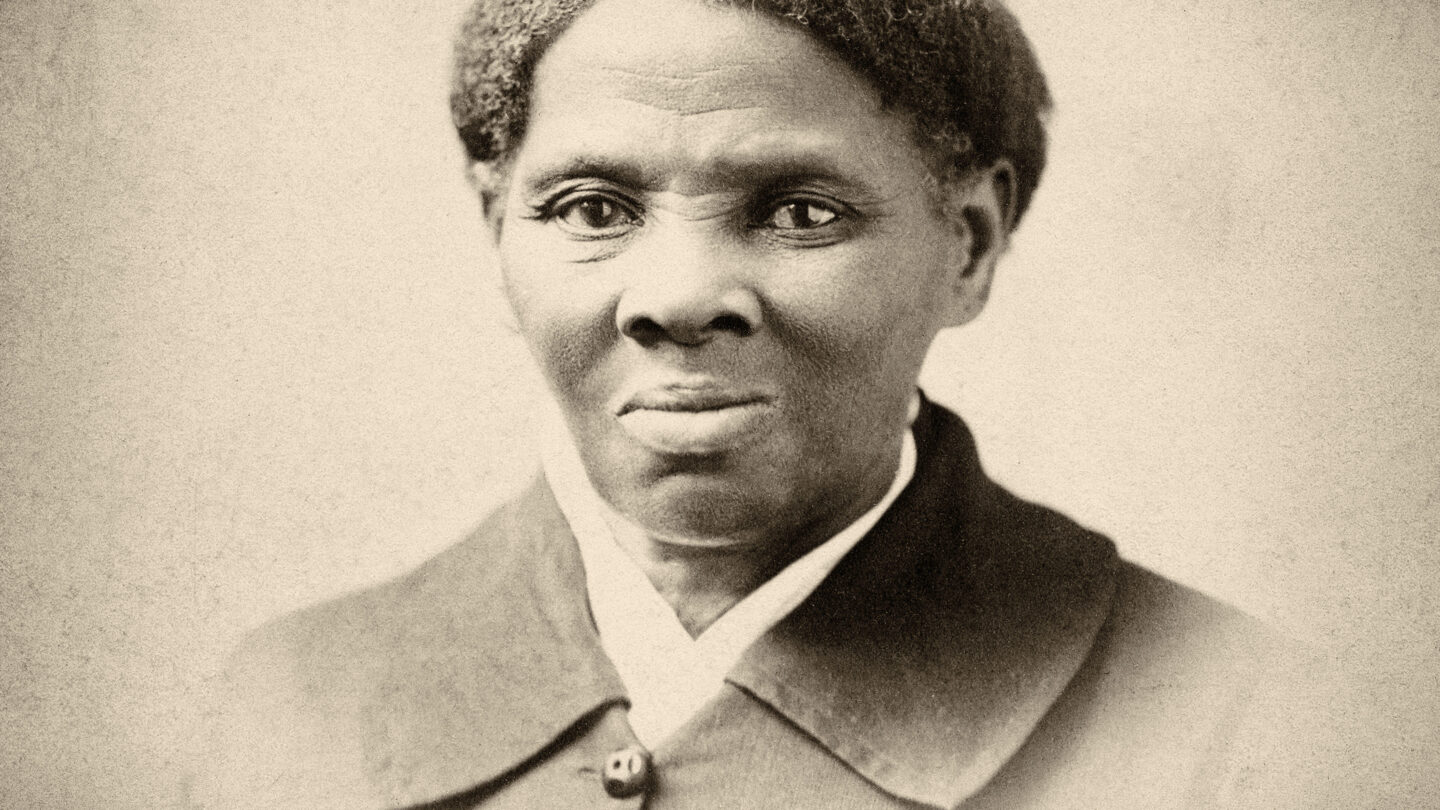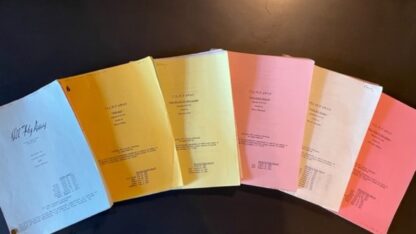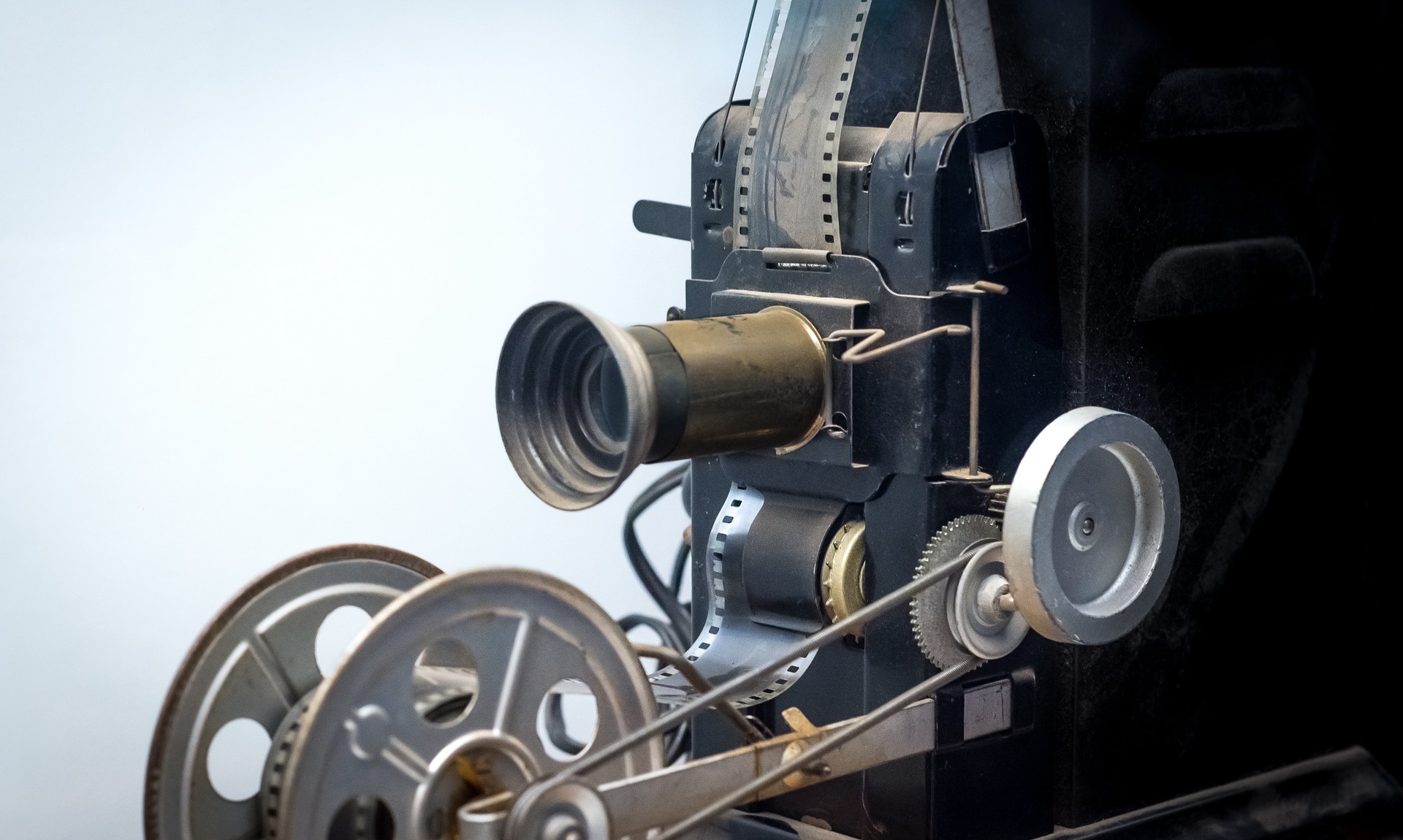Two giants of American history who radically changed the course of our nation in their fight to end slavery are subjects of two new PBS documentaries.
“Harriet Tubman: Visions of Freedom” will air on WABE TV tomorrow evening, and “Becoming Frederick Douglass” airs on Oct. 11 and 13.
Stanley Nelson, the director and producer of both documentaries, joined “City Lights” host Lois Reitzes via Zoom to talk more about how these two remarkable figures’ stories are explored in the new films.
Interview highlights follow below.
Clues into Harriett Tubman’s survival and navigation skills:
“Harriett Tubman, or ‘Minty’ Ross, was enslaved in Maryland, and her life, the beginning of her life as a young girl, would, I guess you would say, be somewhat typical of somebody that was enslaved. She did whatever work they had her do around the house… and take whatever abuse that was given out. One of the things I found that it was really interesting about Harriet, as a young girl, is that she preferred to work outside in the field. We always think about the enslaved people that work in the house, the ‘house Negroes’ as they’re called, [that they] had a better life. But I think that one of the things that’s happened, as we’ve gotten into new scholarship, is that working in the house also meant that there was more chance for abuse.”
“She gained great skills in navigating around in nature, and that was really important as she escaped enslavement, and as she led other people out of enslavement – that she knew how to navigate through the forest, through the swamps, through the land,” said Nelson. “She had those skills, and those skills allowed her to survive.”
How Tubman’s heroism transcended a severe disability:
“When Harriet Tubman was a young girl, through kind of a freak accident, she was in a store, and another enslaved young man was being chased. And the store owner picked up a heavy weight that was used for weighing flour or corn meal or other things, and threw it at the guy,” recounted Nelson. “It missed him and struck Harriet Tubman in the head, and she was severely injured. She was concussed, but also after that, for the rest of her life, she would have visions. And she felt that those were visions from a higher power… instructing her in what to do to go back down South after she had escaped from enslavement… and free other people. And so, ‘Visions of Freedom.'”
How finding literacy helped Frederick Douglass transcend slavery:
“He felt that knowledge and learning to read and write was his ticket to a different kind of life, and there was something different for him and for his people beyond enslavement,” said Nelson. “As a young boy, he traded biscuits for knowledge, for some white kids who lived close to him, and they would teach him a little bit about reading and writing. It was just so important to him…. He just had this natural ability to write and to speak, and to put the horrors of enslavement in front of people in a way that they could understand it.” Nelson added, “He said that ‘The horrors of slavery were written on my back.'”
“He’s asked to speak in an abolitionist movement… in Nantucket early on, and, and one of the things they realize is that he’s just an incredible speaker, that his direct experience with enslavement, and his eloquence, is just invaluable,” Nelson said. “Going to hear people speak was like going to the movies. Obviously there were no movies, there was no tv, but you could go and you could hear speakers from other parts of the world, from other parts of the country, speaking about issues. And Frederick Douglass became highly sought after; an incredibly well-traveled speaker, where he traveled all over the North and finally to England, speaking about the horrors of enslavement.”
“Harriet Tubman: Visions of Freedom” airs on WABE TV tomorrow evening at https://www.wabe.org/tv/harriet-tubman-visions-freedom/.
“Becoming Frederick Douglass” will air on WABE TV twice, on Oct. 11 and 13, at https://www.wabe.org/tv/becoming-frederick-douglass/.









